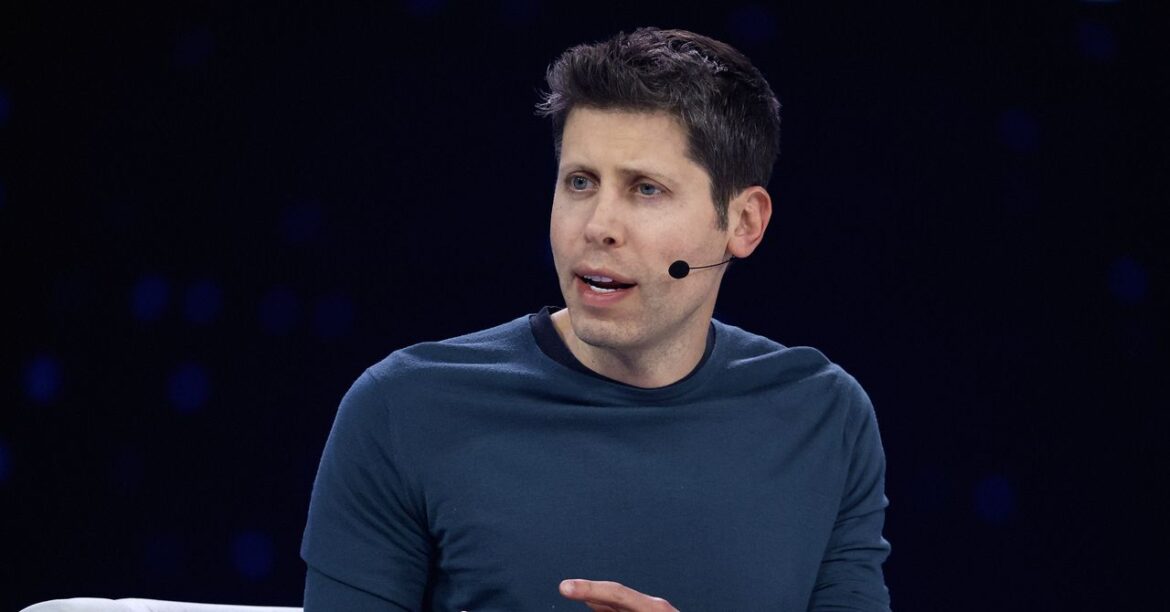OpenAI didn’t share details around any revenue-share agreements with Canva, Zillow, Spotify, and the other apps it highlighted today.
The new SDK announcement signals a deeper commitment to working with established enterprises and app makers—and an emphasis on keeping users within ChatGPT itself. If the web and mobile eras of the past 30 years were defined by users browsing the web or being locked into a mobile app experience, OpenAI is now combining the two into its own kind of chat-driven operating system.
Nick Turley, OpenAI’s head of product for ChatGPT, said in a briefing after the keynote that the company “never meant to build a chatbot; we meant to build a super assistant, and we got a little sidetracked.” He indicated that OpenAI is most excited about what it has achieved in natural language processing, but that the $500 billion startup will continue to experiment with different user interfaces around that.
“Will people spend all of their time in ChatGPT? I don’t think so,” Turley said. “I can imagine you starting your day with ChatGPT,” then being guided toward other apps and websites.
Beyond reimagining existing apps, OpenAI hopes to put itself at the center of efforts to build agents that use AI to complete tasks on a user’s behalf. The company unveiled several tools for building agents including AgentKit, a drag-and-drop interface for building advanced AI tools.
Capturing developer mind-share is also, of course, about coding tools. At Monday’s event, OpenAI announced that Codex, a model optimized to write code, would come out of research preview and become generally available. The company also announced new Codex tools, including a way to ask questions about code and edit it via Slack messages, an SDK for the Codex model, and new analytics tools to allow companies to monitor their employees’ Codex usage.

